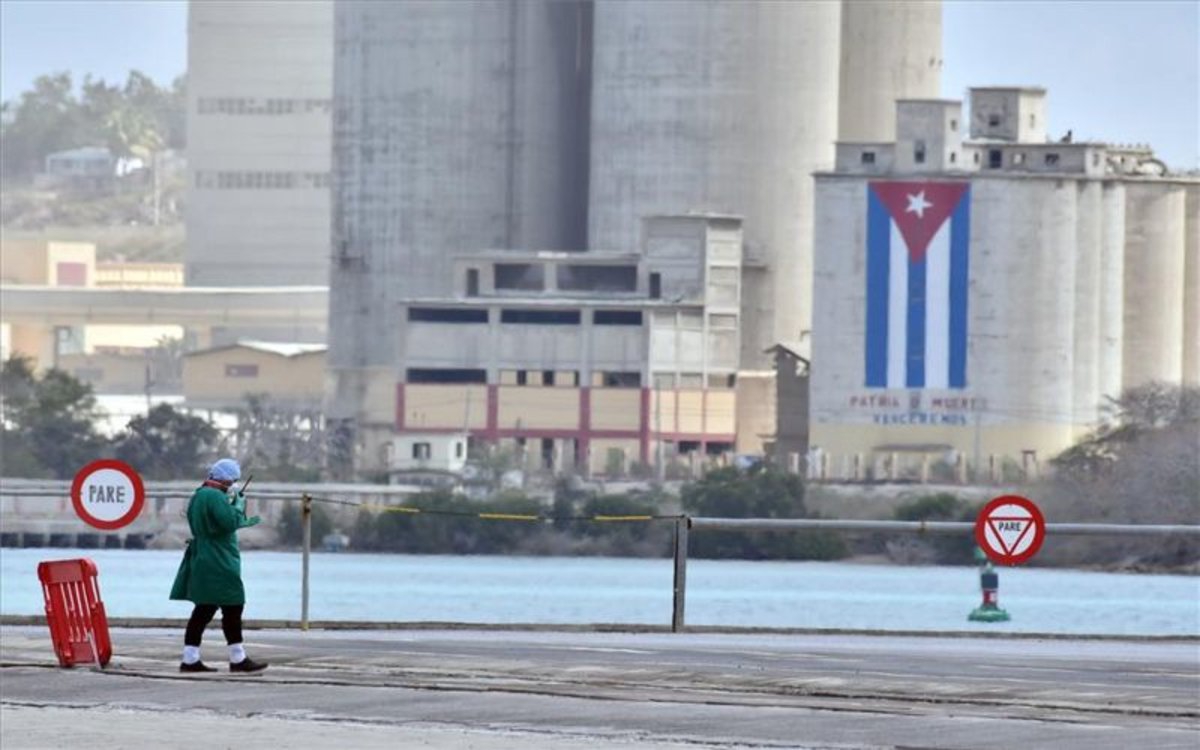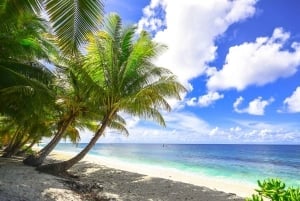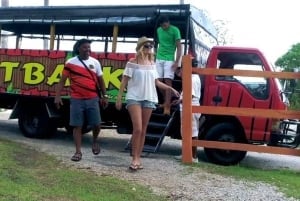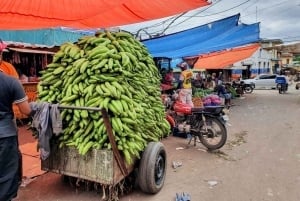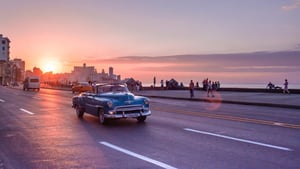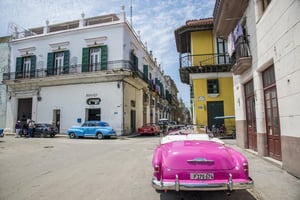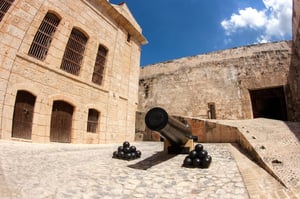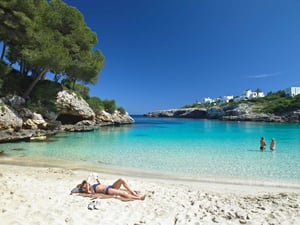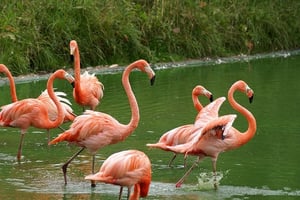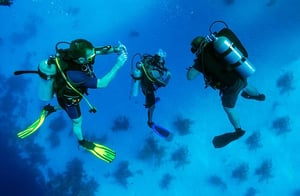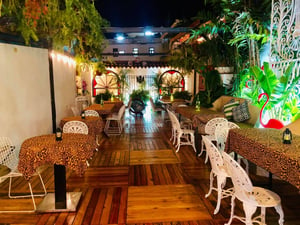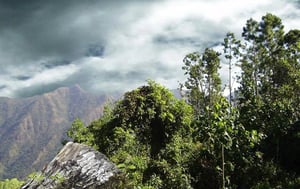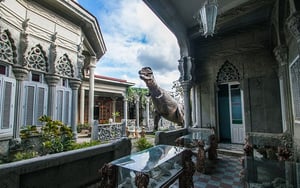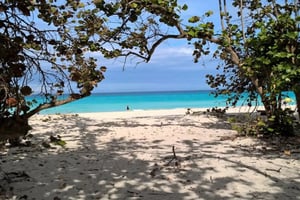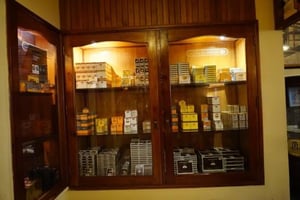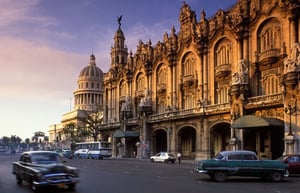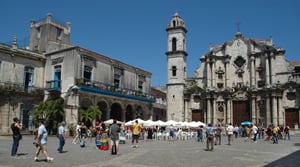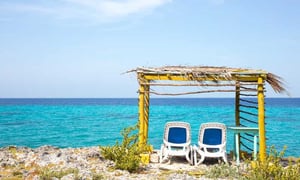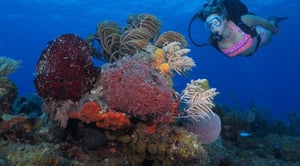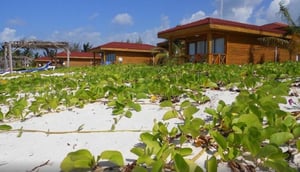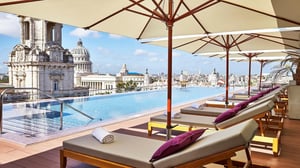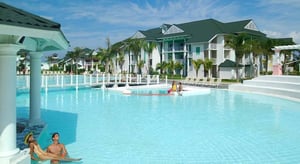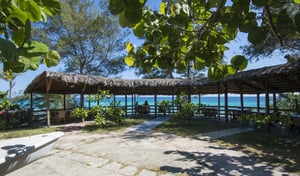Cuba closes the country to tourism
Book Top Experiences and Tours in Cuba:
If youʻre booking your trip to Cuba last minute, we have you covered. Below are some of the top tours and experiences!- Explore Sal Island by Buggy: the Ultimate Off-Road Adventure
- Sal Island: 2-Hour Desert Adventure on 1000cc SSV Buggy
- Cartagena: 5 Islands Boat Tour with Lunch, Snorkeling, & Bar
- From Punta Cana: Higüey Guided Safari Tour
- Lanzarote: Guided Off-Road Volcano Buggy Tour
El gobierno cubano ha dado un giro drástico en su política de enfrentamiento al coronavirus, que hasta ahora no contemplaba restricciones a la entrada de turistas, y ha anunciado que a partir del martes sólo podrán viajar a la isla los residentes del país, que deberán someterse a una cuarentena preventiva de 15 días en un centro asistencial a su llegada, tengan o no síntomas. En la actualidad hay aproximadamente 60.000 turistas en Cuba, unos 2.000 españoles, que deben abandonar la isla en los próximos días. Las autoridades indicaron que el espacio aéreo no está cerrado, por lo que las aerolíneas que siguen manteniendo vuelos - como Iberia o Air Europa - podrán evacuar a los viajeros. La prohibición de entrada al turismo estará vigente por 30 días, que pueden ser extendidos.
El Consulado español ha asegurado que ha establecido canales de información durante el fin de semana para cualquier situación que pueda surgir, y otras oficinas europeas han hecho lo mismo. En total, unos 15.000 ciudadanos de la Unión Europea se encuentran en Cuba en este momento, la mayoría de ellos con reservas para viajar en los próximos días. Los 400.000 cubanos residentes en la isla que se encuentran en el extranjero podrán regresar al país cuando así se determine, y estarán sujetos a la correspondiente cuarentena.
El presidente cubano Miguel Díaz-Canel, junto con el primer ministro cubano Manuel Marrero y los principales ministros han anunciado las medidas en una aparición especial en televisión, en la que han informado de que en breve no quedarán turistas en Cuba y que la mayoría de los hoteles del país cerrarán. Esto supone un duro golpe para la frágil economía cubana, que ya había experimentado un descenso del 20% en la llegada de turistas en enero debido a las medidas restrictivas impuestas por la Administración Trump. El turismo es uno de los principales motores de la economía cubana y ya el año pasado, tras la suspensión de los cruceros y la prohibición de los viajes de los ciudadanos estadounidenses, las cifras del sector se habían reducido en casi un 15%. En los próximos meses el apagón será total.
El Ministerio de Salud Pública (MINSAP) ha informado de cinco nuevos casos confirmados de coronavirus, con lo que el total asciende a 21. Uno de ellos, un turista italiano, murió el jueves. 716 personas están siendo mantenidas en aislamiento en los centros de salud debido a síntomas sospechosos, mientras que 26.000 están bajo vigilancia en sus casas. El MINSAP dijo que el país se encuentra en la fase 1 de la epidemia, con casos sólo entre turistas, viajeros o personas vinculadas a ellos, pero que ya se están considerando medidas para la fase 2 (transmisión autóctona) y 3 (cuando los casos aumentan sin saber de dónde proviene el contagio).
Estas medidas incluyen la suspensión de actividades que pueden implicar concentraciones de personas, como eventos deportivos, conciertos, campamentos, actividades de ocio -desde la semana pasada no se han abierto los cines y teatros-, pero por el momento no se han suspendido las clases en las escuelas y no se ha obligado a cerrar los bares y restaurantes. Las tiendas de alimentos permanecerán abiertas, con numerosas colas debido a la escasez crónica de productos de primera necesidad. Esta realidad no va a cambiar, por lo que las autoridades instaron a los establecimientos a mantener las medidas de higiene y a la población a mantener una actitud consciente, evitando las aglomeraciones y fomentando el mayor aislamiento posible, evitando los viajes que no sean imprescindibles y reduciendo el uso del transporte público, sin adoptar por el momento medidas extremas de aislamiento obligatorio, como en otros países.
Ante el sombrío panorama económico que se avecina, los ministros cubanos que participaron en el programa de televisión han anunciado una serie de medidas de beneficios fiscales y de seguridad social para los empresarios privados y los trabajadores del sector estatal. Los propietarios de restaurantes u hoteles - o artesanos, taxistas, etc. - que se vean obligados a cerrar o suspender sus licencias no tendrán que pagar el impuesto mensual, y del mismo modo, los trabajadores estatales que sean despedidos recibirán parte de su salario. Hay llamamientos para aumentar el teletrabajo, algo difícil de implementar en Cuba por las condiciones materiales, mientras que las autoridades piden el esfuerzo de la sociedad para controlar la expansión del coronavirus, sin descartar que se tengan que tomar medidas más severas en los próximos días.


